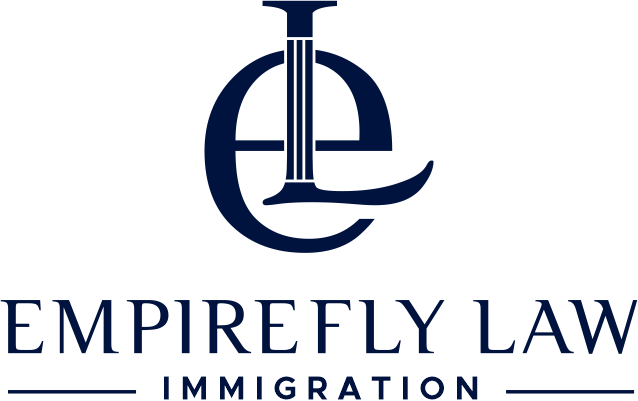Asylum and refugee status offer crucial protection for individuals fleeing persecution and unsafe conditions in their home countries. Understanding the grounds for asylum, the application process, and available resources is essential for Africans considering these options. This guide provides an indepth look at what you need to know and how to navigate the system effectively.
-
Grounds for Asylum: Who Can Apply?
To qualify for asylum in Canada, African applicants must demonstrate that they have a wellfounded fear of persecution based on one or more of the following grounds:
Race: Discrimination or violence due to racial or ethnic identity.
Religion: Persecution for religious beliefs or practices.
Nationality: Hostility or violence based on nationality or ethnic group.
Political Opinion: Threats or harm due to political beliefs or activities.
Membership in a Particular Social Group: Risks faced due to association with a specific social group (e.g., LGBTQ+ individuals, women facing genderbased violence).
-
The Application Process: A StepbyStep Overview
- Initial Assessment:
Evaluate Eligibility: Determine if you meet the asylum or refugee status criteria based on the grounds listed above.
Consult Legal Advice: Seek advice from immigration lawyers or legal aid services to assess your case and prepare documentation.
- Prepare Your Application:
Gather Evidence: Collect documents, testimonies, and evidence supporting your persecution claim.
Complete the Application: Fill out the necessary forms, such as the Refugee Protection Claim Form (in Canada).
- Submit Your Claim:
InCanada Claims: Submit your application to Immigration, Refugees and Citizenship Canada (IRCC) if you are already in Canada.
Overseas Claims: If you are outside Canada, apply through the United Nations High Commissioner for Refugees (UNHCR) or a Canadian embassy.
- Attend an Interview:
Personal Hearing: Prepare for an interview where you will present your case and answer questions about your experiences and fears.
- Decision and Appeals:
Wait for the Decision: The Immigration and Refugee Board of Canada (IRB) will review your case and make a decision.
Appeal if Necessary: If your claim is denied, you may have the option to appeal or seek judicial review.
-
What to Expect During the Process
Timelines: The asylum process can be lengthy. Expect waiting periods that may vary depending on your case’s complexity and the processing office’s workload.
Interviews and Hearings: Be prepared for detailed questioning and provide honest, consistent information about your situation.
Support Services: Engage with local community organizations and support groups that assist refugees and asylum seekers.
-
Legal Support and Resources for African Asylum Seekers
- Legal Representation:
Immigration Lawyers: Hire a qualified immigration lawyer specializing in asylum and refugee claims to guide you through the process and represent you in hearings.
Legal Aid Services: Explore legal aid options for free or lowcost legal support if you cannot afford private counsel.
- Community and Support Organizations:
Refugee Assistance Programs: Contact organizations such as the Canadian Council for Refugees (CCR) and local refugee support groups.
Cultural Associations: Seek support from African cultural and community associations in Canada that provide resources and advocacy for newcomers.
- Online Resources and Helplines:
Government Websites: Use official IRCC and IRB resources for accurate and uptodate information.
Hotlines and Help Desks: Utilize helplines for immediate assistance and advice.
By following this comprehensive guide, African applicants can better navigate the asylum and refugee claim process, ensuring they receive the protection and support they need. For personalized assistance and expert advice, consider contacting EMPIREFLY Immigration Law Firm to help you with your case.




